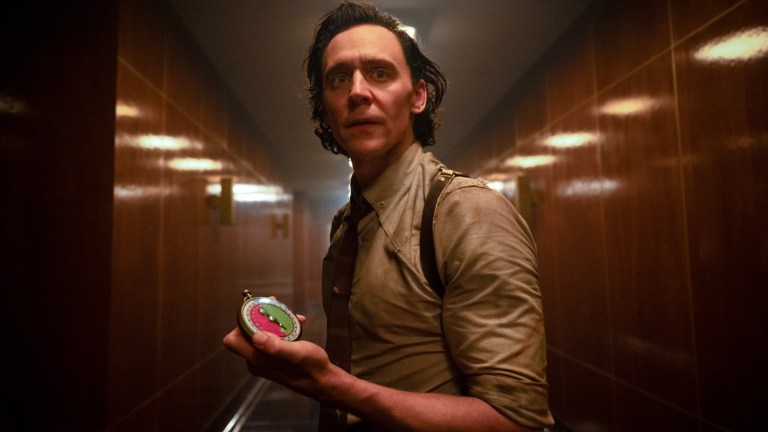In Marvel’s Loki, the MCU’s time travel rules have become a real headache.
Does it really matter?
In arecent episodeofLokiseason 2, Ravonna Renslayer and Miss Minutes travel to 1863 Chicago.

This, of course, raises a question.
Who really started the TVA?
But nowLokishows that Victor/HWR got the idea for the TVA from OBs book.
How can He Who Remains be both the inspiration and be inspired?
The answer, of course, is time travel.
Some might point out that the paradox at the heart ofLokiseason two breaks those roles.
To that, I offer the following thoughtful rejoinder: So?
That same imagery is used inLokis first season, with the introduction of the TVA.
As Miss Minutes cheerfully explains, the TVA maintains a single Sacred Timeline by pruning Variants at Nexus Events.
In Time and Again, the standout episode ofMs.
Marvelseason one, Kamala gets pulled to 1947 by her great-grandmother Aisha.
Doctor Strange does a similar trick in the fourth episode ofWhat If…, What If… Each revision to the past costs Strange more, leading to the monstrous Strange who ends the episode.
And then there are the rules broken withinEndgameitself.
The Unmistakably Irrelevant Rules of Marvel Time Travel
But heres the thing: I dont care.
And, arguably, neither should you.
The absolute least interesting thing about superhero stories is how science and/or magic works.
Because if we cared that deeply about it, then the whole thing falls apart.
Scientifically speaking, Peter Parker and Bruce Banner should get cancer, not superpowers.
Scientifically speaking,Pym Particlescant push together atoms to shrink size but maintain weight and power.
If you want that kind of accuracy and consistency, go read a textbook.
Youll get lots of detailed math and physics facts.
But you know what you wont get?
A teenager who invented his own super-strong elastic for crawling walls.
A psychologically tormented man who suddenly grows and shrinks without leaving stretch marks.
A giant Scott Lang who falls into an airplane to the sound of crashing bowling pins.
The rules in fictional worlds only matter to the degree that they elicit a response in the audience.
Every fictional world has its gaps, things that dont line up in terms of consistency or scientific rules.
And thats okay because its fiction, it exists to create an emotion or to develop a theme.
Its okay because breaking the rules is usually what got us to the fictional world in the first place.
Will OB have to obliterate himself to break the circle of the TVA?
Whatever happens, I dont care at all about the rules they used to get there.